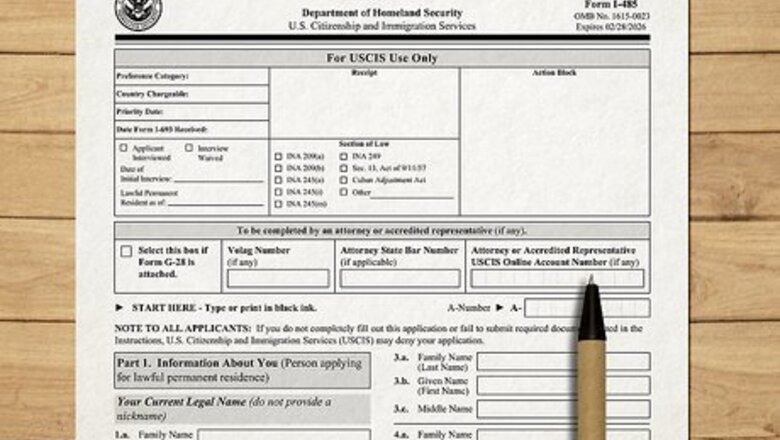
views
- There are six main types of green cards you can get in the USA without marriage. The most common self-petition and employment-based green cards.
- Other types of green cards are the investment-based, special immigrant, family-based, and Diversity Visa (DV) lottery green cards.
- In unique situations, green cards are issued to diplomats, refugees/asylees, victims of a crime, and long-term unofficial residents.
Self-petition green cards

These green cards are available for experts in certain fields. There are two types of green cards in this category, for which “you will not need to have an employer, and you can self-petition” without sponsorship, explains immigration expert Valery Cury. These green cards are the EB-2 National Interest Waiver (EB-2 NIW) and the EB-1A Extraordinary Ability in Sciences, Arts, Education, Business or Athletics. EB-1A: Available to individuals who are experts in their field, whether in their home country or globally. Their expertise may be in any field, not just those named in the green card title. EB-2 NIW: Available for people with advanced degrees or exceptional skills in science, art, or business. Alternatively, applicants may have a proposed enterprise or invention that will benefit the United States.
Employment-based green cards

Current or future employers may sponsor green cards for employees. These employers must offer a job to a non-US national, with the future goal of them becoming a U.S. citizen. Unsponsored employees can ask their employer to sponsor their green card, although it’s best to wait until they’ve been with the company for some time. EB-1B Outstanding Researcher and Professor: For individuals who’ve been recognized in the academic field, have at least 3 years experience in teaching or research, and are pursuing a tenure, tenure-track, or esteemed research position with an academic institution. EB-1C Multinational Manager or Executive: For individuals who have been offered a job as a manager or executive for a U.S. employer that is an affiliate, parent, or subsidiary of their previous overseas employer, for whom they were employed as a manager or executive for at least one year in the past three years. The U.S. employer must have been operating for at least one year. EB-2 or EB-3 PERM Labor Certification: The more common employment-based green cards, the EB-2 and EB-3, are for professional, skilled, or unskilled workers in U.S. companies. These workers must have an approved PERM Labor Certification status. Most green cards, including employment green cards, are “typically valid for 10 years,” according to immigration lawyer David Katona.
Investment-based green card
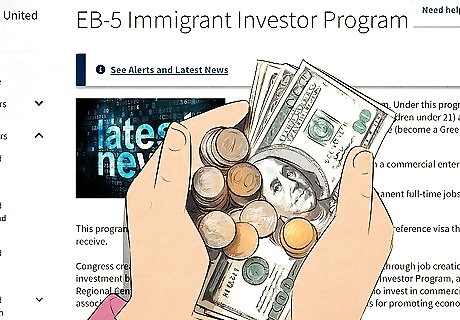
The EB-5 Immigrant Investor Program grants green cards to investors. Eligible individuals must have invested $1,050,000 into a U.S. business in an urban or low unemployment area or $800,000 into a U.S. business in a Targeted Employment Area (TEA). Eligible investors must also show that they are not involved in any criminal activity and have the necessary capital, which may include loans. When the investor’s green card is approved, their spouse and any unmarried children under 21 years old may also apply for a green card. The initial green card under the investor program is only valid for two years. Immigration lawyer David Katona explains that you must “file an application showing that your investment created 10 U.S. jobs over a two-year period, and then [the government] would give you the unconditional green card.”
Special immigrant green card
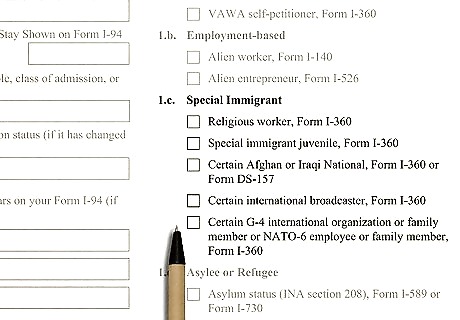
Special immigrants are non-U.S. citizens from certain eligible groups. Some of these groups require employer sponsorship, while others can self-petition. Eligible individuals for the special immigrant green card include: Religious workers. Special immigrant juveniles (a juvenile who has been declared dependent on a juvenile court due to abuse, neglect, abandonment, or similar treatment by parents). Certain broadcasters. Certain retired officers or employees of a G-4 international organization. Certain NATO-6 civilian employees and their family members. Certain Iraqi and Afghan interpreters, translators, and nationals who have served the U.S. government. Certain employees of the U.S. government who work abroad and their family members. Members of the U.S. armed forces. Employees of the Panama Canal Company or Canal Zone government. Certain physicians who were licensed and practicing medicine in a U.S. state as of Jan. 9, 1978. Non-citizens who have informed on a criminal or terrorist organization or operation.
Diversity visa lottery green card

The lottery is open to countries with low rates of immigration to the U.S. Applicants must apply by the deadline for each year’s DV lottery, which can be found on the State Department website. To be eligible for the DV lottery green card, individuals must be a national of an eligible country and have either: A high school diploma or successful completion of a 12-year course of formal education. Two years of work experience in the previous five years in an occupation that requires at least two years of training as defined by the U.S. Department of Labor.
Family-based green cards

Direct relatives of U.S. citizens can apply for green cards. However, some familial green cards can take a long time to process or be approved, potentially up to 15 years. Eligible applicants for family-based, non-marriage green cards are: Unmarried children of a U.S. citizen who are under 21 years old. Married or unmarried adult children of a U.S. citizen. Adopted children of a U.S. citizen. Siblings of a U.S. citizen. Stepchildren of a U.S. citizen if the marriage occurred while the child was under 18 years old. Parents of a U.S. citizen who is 21 or older. Unmarried children of a lawful permanent resident. Individuals who are in the U.S. unlawfully can still apply for family-related green cards as long as they “made a lawful entry into the U.S.,” according to immigration lawyer David Katona.
Green card for refugees or asylees

Asylees and refugees may seek permanent residence after one year. Refugees must have been physically present in the U.S. for at least one year, and have been admitted under section 207 of the Immigration and Nationality Act (INA). Asylees that have held asylum status for one full year, immigration lawyer Miatrai Brown advises, “can [then] apply for a green card based on that asylum status.” To be eligible for adjustment of status, asylees must also continue to meet the definition of a refugee and not have firmly resettled in any foreign country.
Green card for victims of human trafficking
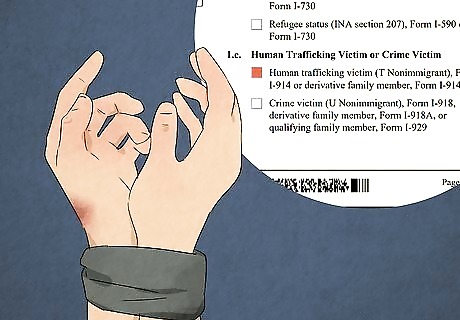
In this tragic situation, survivors can seek permanent residency. To be granted a green card, survivors of human trafficking may have to assist law enforcement in investigating and prosecuting human trafficking cases. Eligible applicants must also have: Held and continue to hold a T nonimmigrant visa. Maintained physical presence in the U.S. for at least 3 years or continuously during the trafficking investigation. Shown good moral character since first being admitted into the U.S. Even without assisting law enforcement, residence may still be granted if the survivor was under 18 years of age when brought into trafficking or they would suffer harm if removed from the U.S.
Green card for victims of a crime

People who’ve experienced severe abuse in the U.S. are eligible. These individuals must have U nonimmigrant status and have assisted law enforcement in their investigation or prosecution. After receiving the U visa, recipients can then go on to apply for a green card and permanent legal residency. Eligible individuals must have also been physically present in the U.S. for a continuous period of at least three years. If approved, recipients of the U nonimmigrant visa and subsequent green card can also grant residency to qualifying family members like their spouse, child, parent, or sibling.
Green card for victims of domestic abuse
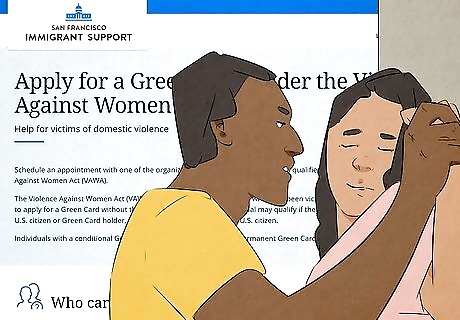
Survivors of severe domestic abuse may be eligible for a green card. Eligible individuals have endured battery or extreme cruelty at the hands of a U.S. citizen or lawful permanent resident, whether their spouse, ex-spouse, parent, or child. This green card, known as the VAWA (Violence Against Women Act) self-petition, can be applied for and approved without the knowledge or participation of the abuser.
Green card through registry
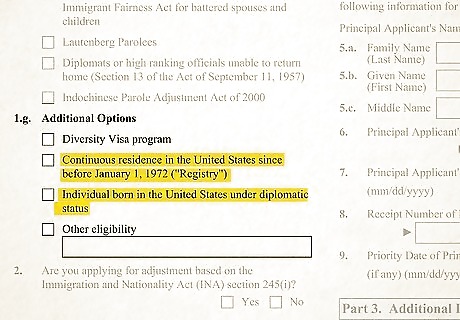
Long-term residents of the U.S. can apply for legal permanent residence. These individuals can get a green card even if they are currently in the U.S. unlawfully. Eligibility criteria for the registry green card include: Entrance into the U.S. before January 1, 1972. Continuous residence in the U.S. since entry. Physical presence at the time of the green card application. Good moral character. No disqualifying crime convictions or other reasons for inadmissibility. No terrorist-related reasons for citizenship ineligibility or deportation.
Green card through special immigration acts
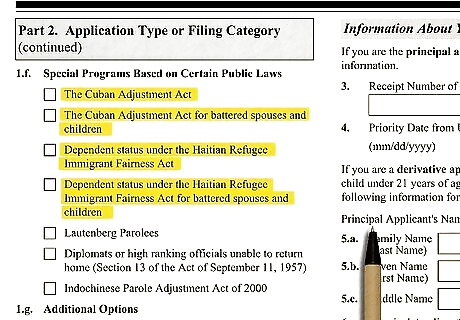
Adjustment and immigration acts give residence to certain foreign groups. The Cuban Adjustment Act, for example, allows Cuban natives, their spouses, children, or abused victims of Cuban citizens to seek a green card. Other special immigration acts and policies that allow certain groups to access green cards include: Liberian Refugee Immigration Fairness Act: Grants green cards to Liberian nationals and qualifying relatives who have been continuously present in the U.S. since Nov. 20, 2014. Haitian Refugee Immigration Fairness Act: Grants green cards to dependent or abused spouses and children of lawful permanent residents who received their green card through the HRIFA.
Green card through diplomacy

Green cards may be granted to foreign diplomats and their children. Someone stationed in the U.S. as a foreign diplomat or high-ranking official can apply for a green card if they have a compelling reason they cannot return to their home country. Alternatively, a child born while their parent was stationed as a foreign diplomat in the U.S. can seek a green card. These children are not considered U.S. citizens at birth, but they are typically considered permanent residents and can go on to receive a green card.
















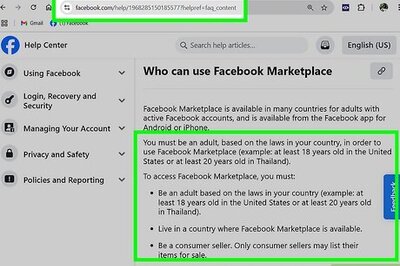

Comments
0 comment